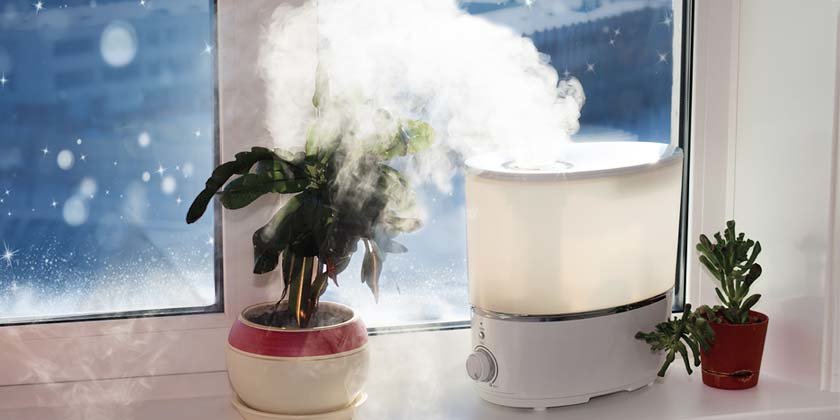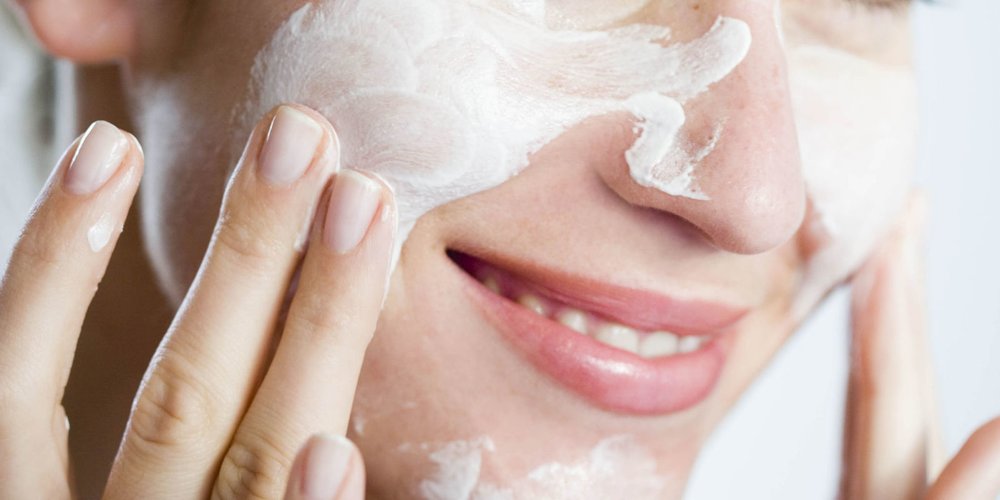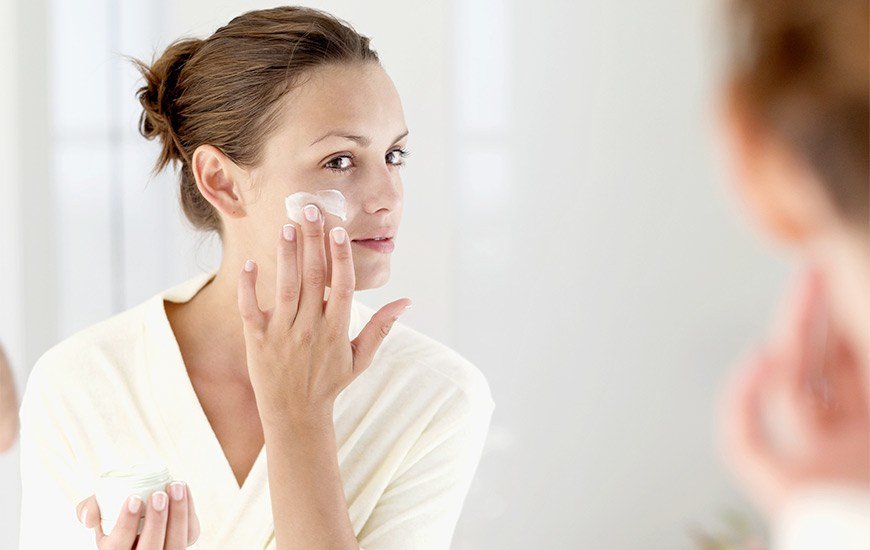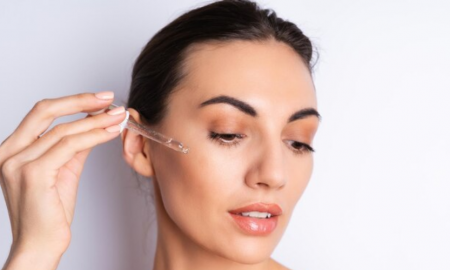
How To Protect Your Skin Against The Chilly Winter Breeze?

If you live in the Northern or Southern hemisphere where the Winter season exists, you’ll know that this season is one of the nightmares that you must face every year. Aside from the fact that the cold air enveloping us lulls us to sleep and interferes with our routine, we also need to deal with our dry and damaged skin.
Because of the harsh chilly breeze of winter, our skin loses its moisture quickly, causing it to dry and eventually crack up. These cracks are either painful or itchy, making it harder for us to stay focused on what we were doing because we’re busy tending to our skin. How can we protect our skin against the Chilly Winter Breeze? How can we keep our skin healthy and hydrated throughout the Season? Here’s what you should do.
Keep the Moisture In the Air

Use Humidifier to Keep Your Room Moisturized
Our skin is actually the sole barrier between the water inside our body and the air in the external environment. When the weather is cold, or warm, the water inside our body then starts to evaporate, losing its moisture in the process. In order to avoid this, dermatologists like Dr. Angela Lamb recommended that you keep yourself hydrated by drinking more water. You can add an extra two glasses per day to your normal water consumption. Aside from that, you might want to install a humidifier inside your room (or your room) to keep the moisture in the air. In this way, your skin won’t dry faster.
Use Gentle Cleansers and Other Skin Care Products

Use Gentle Skin Care Products For Your Skin
Since your skin is more sensitive because of the dry, cold air, you need to be very careful with treating it. Dr. Lamb recommends that you only use gentle skin care products to avoid any allergic reaction or irritation. You can use Dove foaming wash, or Cetaphil to keep your skin (especially your face) moisturized. It’s also packed with vitamins and nutrients needed to replenish your skin in order to restore its natural, youthful glow. For your body, they recommend you use Vanicream too. In cases of breakouts, Dr. Lamb advises you to just wash the affected area with water to keep it hydrated and to restore your skin’s moisture.
Minimize Taking Hot Showers and Baths
Taking hot showers and hot baths may seem appealing to you, especially since it can keep your skin and body warm against the cold winter breeze, but before you do that, we advise you to think twice. Why? It’s because that is a perfect formula to make your skin crack. Because of the hot temperature, the waters inside your body will evaporate fast. And if your skin’s not moisturized enough, the cracked skin gets exposed to the air. This causes you to experience what we call a “winter itch” in a form of paper cuts and eczema.

Dr. Isaac Recommends to Limit Your Hot Baths During the Winter Season
Use Your Moisturizer More Often
Now that we’ve taken some steps in order to keep our external environment moisturized for our skin, sometimes it might not be enough because we can’t compete with the coldness of the weather. In this case, we also recommend that you use your skin moisturizer more often. As soon as you get out of your morning or evening shower, we advise you to apply a thick cream or moisturizer all throughout your body to keep it smooth and hydrated. If possible, the dermatologists also recommend you to use body oils like coconut oil before taking a bath.

Apply Moisturizers More Frequently
Why? Because the coconut oil can serve as a barrier for your skin before you indulge in a warm bath. This way, you can prevent having skin cracks because the oils help trap the hydration in your body. Afterward, you should partner it with your skin moisturizer that will help protect your skin further. The dermatologists recommend you use cream moisturizers like Vaseline, Aveeno, and Eucerin products.
Don’t Go Out With Damp Skin
A lot of people tend to go outside and confront the harsh cold breeze when they just finished washing their hands or just finished taking a bath while their skin is still damp. Doing this makes your skin more vulnerable and prone to cracks. It’s like having dry lips and when you try to moisten it up with your saliva or water, the cracking gets worse. That’s why we recommend you to moisturize your skin first with a creamer or lotion to protect your skin before going outside.
More in Skin Care
-
`
How to Build Muscles & Gain Mass After 50
Are you wondering how to build muscle mass after 50? You are not alone. Many people think that hitting the big...
June 20, 2024 -
`
How to Speed Up Your Nose Job Recovery Time
Undergoing a rhinoplasty is an exciting step towards a new appearance, but it comes with a recovery period that requires patience...
June 15, 2024 -
`
Best Tattoo Ideas for Women With Meaning
Are you on the hunt for tattoo ideas for women with meaning? Tattoos are more than just body art; they’re personal...
June 4, 2024 -
`
What Are Actives in Skin Care Products and How Do They Work?
Have you ever sifted through a sea of beauty blogs and stumbled upon the term “actives”? Maybe you’ve seen advice on...
May 31, 2024 -
`
How Long Can Pre Workout Last? Find Out Now!
You lace up your sneakers, pull on your workout gear, and glance at the clock. It’s almost time to hit the...
May 23, 2024 -
`
How Often Should You Get Botox Injections? A Comprehensive Guide
If you’ve ever considered the wonders of Botox, you’re likely familiar with its ability to smooth away those pesky forehead wrinkles...
May 16, 2024 -
`
Why is Dubai’s Popularity Soaring Among Tourists?
Dubai, a name synonymous with extravagance, innovation, and a captivating blend of modern marvels and ancient traditions. This captivating city, nestled...
May 9, 2024 -
`
Maximizing Your Skincare Routine: Learn How to Layer Skincare Products
Navigating the realm of skincare can feel daunting, especially with an array of products to apply. However, fear not! Learning how...
May 1, 2024 -
`
How to Restore Gut Health After Antibiotics – Practical Tips and Strategies
Ever finished a course of antibiotics and felt a rumble in your tummy? You’re not alone. Antibiotics, while crucial for fighting...
April 27, 2024















You must be logged in to post a comment Login